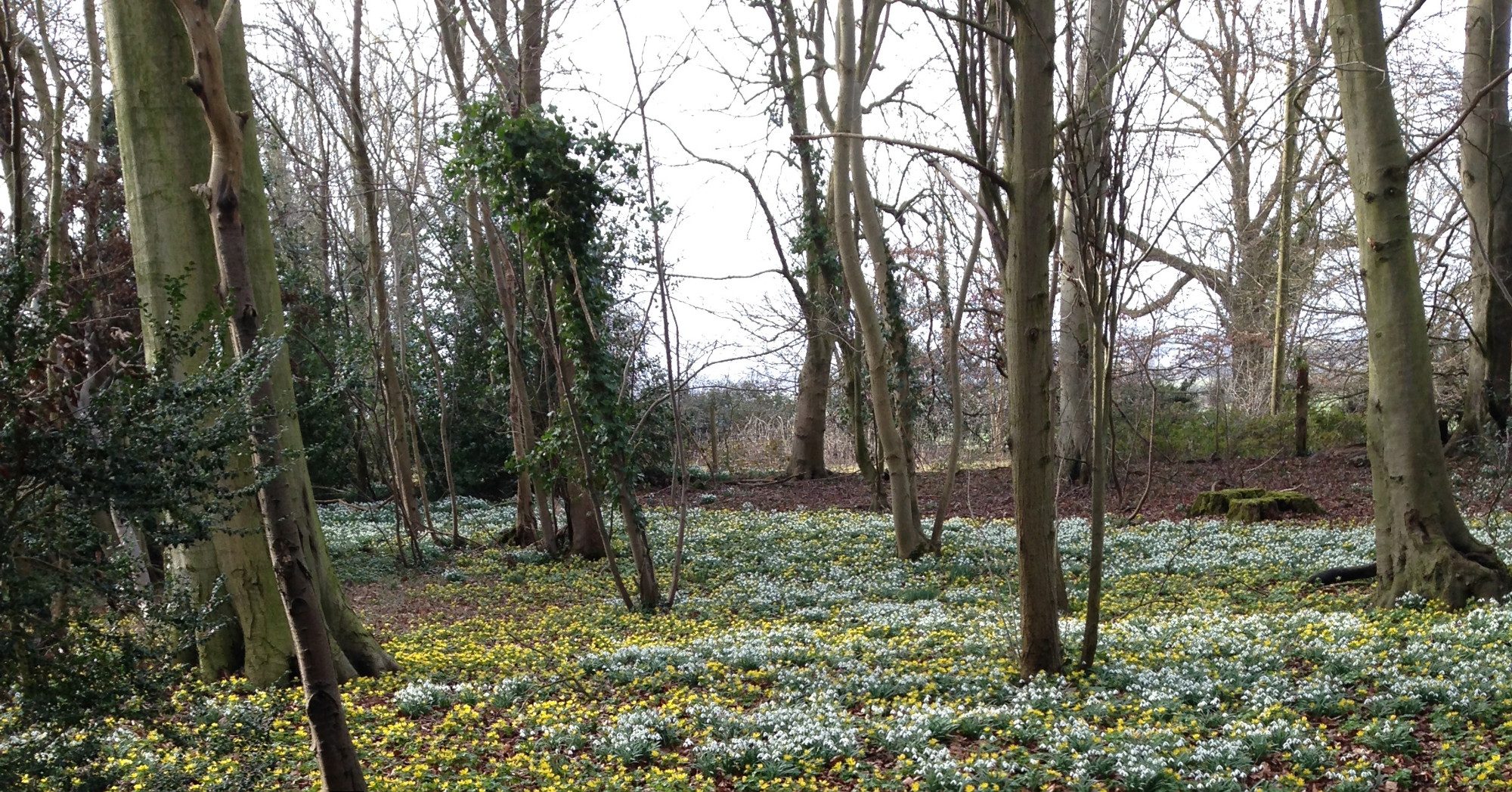This was the first of our Conversation Evenings, held at The Rose, Stapleford, on 8 January 2019. There was a good turn-out on a winter’s evening to hear Janet O’Boyle introduce the subject before opening up a more general conversation.
Summary:
Production and uses
The main producers are Indonesia and Malaysia. Oil palm is a very productive, cheap and land efficient crop, grown on large plantations and also by smallholders. The main uses in the UK are in processed food, cosmetics and cleaning products.
Problems
- Global warming: deforestation, burning, and peat degradation contribute more greenhouse gas emissions than the world’s entire transport sector and makes Indonesia the 3rd largest carbon emitter in the world.
- Air pollution: burning causes air pollution, such as the 2015 smog disaster across Indonesia, Malaysia and Singapore. Most big companies have stopped burning now but smallholders still do.
- Human rights abuses: including forceful removal of indigenous forest people; child labour; and exploitative working conditions.
- Loss of biodiversity: destruction of tropical rainforest to make way for palm oil plantations.
- Loss of other benefits provided by the forest: use for food, as a water reservoir, and as protection against landslides and floods.
Food
Food ingredients have to be labelled, now including palm oil, so it’s easier to know what you’re getting. Sometimes the label says “sustainable palm oil”. Can we assume it isn’t if it doesn’t?
Cosmetics/ingredients
Chemistry degree required!
“Palmate” on eg soap means derived from palm oil, “cocoate” from coconut oil etc.
Many chemical ingredients can be derived from palm oil and there are websites offering long lists of ingredients that indicate palm oil. But these could also be derived from coconut or other oils or petrochemicals, eg “palmitate” is a fatty acid found in coconut, olive and other oils as well as palm oil.
“Palm-oil free” may just mean that palm oil is not used as a whole ingredient.
Alternatives
Coconut oil requires 7 x as much land for the same yield as palm oil. Soya oil production is already contributing to habitat destruction in Brazil and Argentina. The International Union for the Conservation of Nature (IUCN) argues that these alternatives would contribute to even more biodiversity losses than palm oil.
Butter, containing no palm oil, has twice the global warming impact of margarine, which generally does contain palm oil.
Sustainable Palm Oil
The Roundtable on Sustainable Palm Oil (RSPO) is made up of palm oil producers and buyers and environmental organisations like WWF. It produced a set of environmental and social criteria that must be complied with to label oil as Certified Sustainable Palm Oil. From November 2018 these include no deforestation, no burning, and some protection for human rights.
Currently 25% of palm oil is certified as sustainable. The market for it is limited, so some is sold as non-sustainable.
Conclusion?
Should we be demanding more genuinely sustainable palm oil to encourage change rather than boycotting it all together? If we avoid all palm oil we reduce the drive for better sustainability. Iceland’s attempt to avoid palm oil in its own brand products proved unachievable. But Greenpeace’s campaign has led one of the biggest palm oil traders to monitor its suppliers and suspend any caught clearing rainforest.

